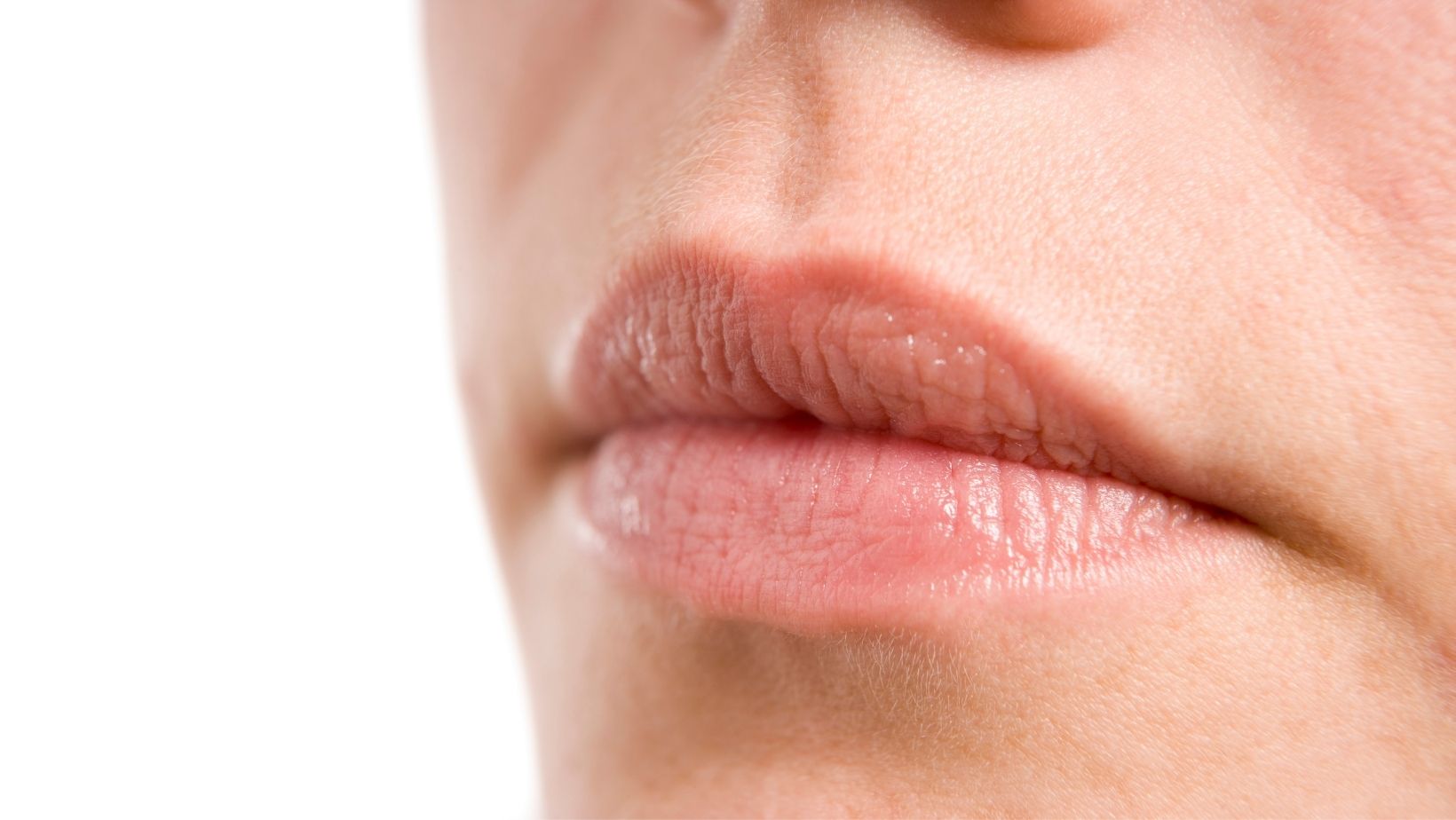
Is dry mouth an oral health problem? Let’s see how to deal with it

Dry mouth is a health issue that results from a reduced salivary flow in the mouth. It is also called xerostomia and is the feeling that there is not enough saliva in your mouth. People with dry mouth have difficulty eating, digesting food, and even speaking clearly.
The importance of saliva
- Saliva helps digest food and helps teeth in remineralization;
- It neutralizes acids and helps defend against tooth decay;
- It prevents infection by controlling bacteria and fungi in the mouth;
- Saliva makes it possible for you to chew and swallow;
- It maintains the health of the soft and hard tissues in your mouth;
- It supports and facilitates our sense of taste.
- When saliva is insufficient, all these functions are affected.
Symptoms of dry mouth
- A dry feeling in the throat;
- Frequent thirst;
- Problems with chewing and swallowing;
- Problems speaking;
- A dry, red tongue, cracked lips or mouth sores;
- A sticky, dry feeling in your mouth;
- Bad breath;
- Dry and cracked lips.
Causes
People get dry mouth when the glands in the mouth that make saliva are not working properly. There are some reasons for which salivary glands might not work right:
- Side effects of some medications (for example medicines for high blood pressure and depression).
- Radiation therapy and chemotherapy;
- Side effects of certain diseases. Some diseases affect the proper function of salivary glands. Dry mouth can be caused by diabetes, Alzheimer’s disease, hypertension, anemia.
- Nerve damage. Injury to the neck or head can damage the nerves responsible with the salivary glands.
- Eating disorders, such as bulimia and anorexia can develop xerostomia;
- Smoking or chewing tobacco can decrease the volume of saliva in your mouth.
Solutions for dry mouth
- Drink more water;
- Eat regular meals;
- Avoid alcohol, caffeine, carbonated beverages, and smoking. Avoid overly salted foods and spicy foods.
- Chew sugarless gum or suck on sugarless hard candy to stimulate saliva flow. Citrus, cinnamon, and mint-flavored candies are good choice.
- Do not forget to brush twice a day. Do not forget to floss.
Treatment
Dry mouth can lead to tooth decay. Depending on what is causing your dry mouth, your dentist can recommend various methods to restore moisture.
If your dry mouth is caused by medicine, your physician might change the medicine. If your salivary glands are not working properly, your dentist or physician might recommend you a medicine that helps the glands work better. And they can also recommend you to use artificial saliva to keep your mouth wet.
Dry mouth is not a health problem. It is more a condition of your mouth which can be fixed. Everyone has a dry mouth from time to time, if they are nervous or under stress. But if you have a dry mouth all the time, it can lead to serious health problem and you should see a doctor.
If you experience symptoms that could indicate a dry mouth, call us to make an appointment. 610.647.7611 is our phone number. Dr. Arhiri will have a look at your mouth and will answer all your questions.



